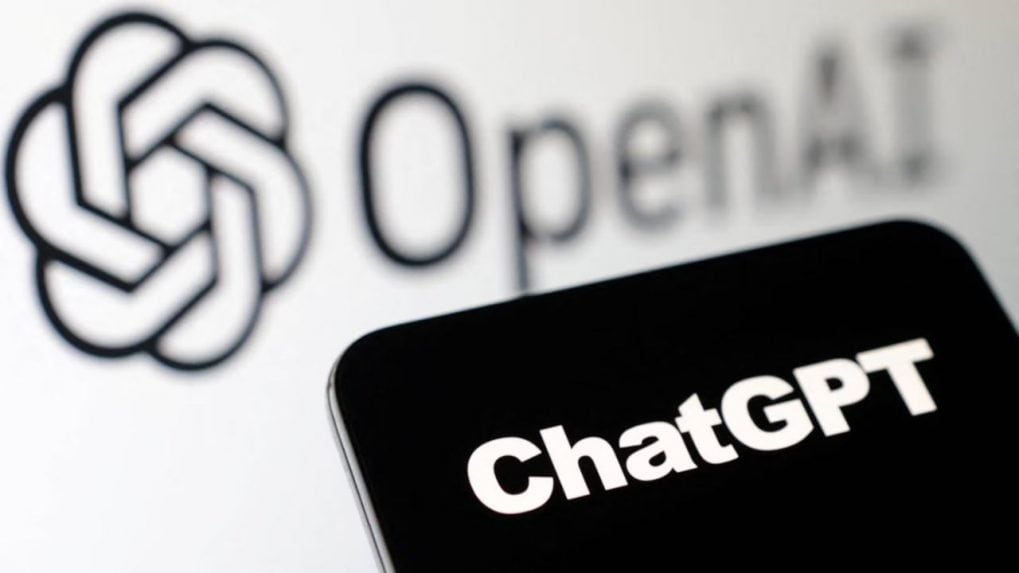How it Works
WPP, Havas, Omnicom: Are advertising’s biggest holdcos recasting agencies as AI Operating Systems?

The Delhi High Court on Monday continued hearings on a lawsuit filed by news agency ANI, accusing artificial intelligence giant OpenAI of copyright infringement for allegedly using it content to train AI models, including ChatGPT.
ANI has urged the court to bar OpenAI from utilizing its news content for AI training, warning that such practices could jeopardize the news syndication industry.
The agency also claimed that OpenAI admitted to collecting copyrighted ANI content up until October 2024.
During the hearing, an amicus curiae highlighted the importance of AI for India's technological progress and questioned whether it was feasible to develop large language models (LLMs) without accessing copyrighted material.
He also cited exemptions under the Copyright Act that might apply to AI training, arguing that extracting factual information from protected content does not necessarily amount to copyright infringement.
However, ANI contends that OpenAI's use of its published reports provides ChatGPT with an unfair competitive edge, especially as the AI firm has entered into commercial partnerships with global news organizations.
The agency further accused OpenAI of reproducing verbatim or substantially similar extracts of its reports in response to user queries.
OpenAI has denied any wrongdoing, asserting that its models operate under fair use principles and rely on publicly available data. The Microsoft-backed firm also challenged the jurisdiction of the Indian courts, arguing that it has no physical presence in India and that its servers are based outside the country.
Additionally, OpenAI maintained that US laws require it to preserve its training data due to ongoing litigation, which could make any deletion order from the Indian court legally conflicting.
The Delhi High Court is set to continue hearings on the case on March 20.
From purpose-driven work and narrative-rich brand films to AI-enabled ideas and creator-led collaborations, the awards reflect the full spectrum of modern creativity.
Read MorePraveen Someshwar, Managing Director and CEO of Diageo India, joins the Grand Jury of the Storyboard18 Awards for Creativity, highlighting the awards’ focus on work that blends cultural relevance with strategic and commercial impact.